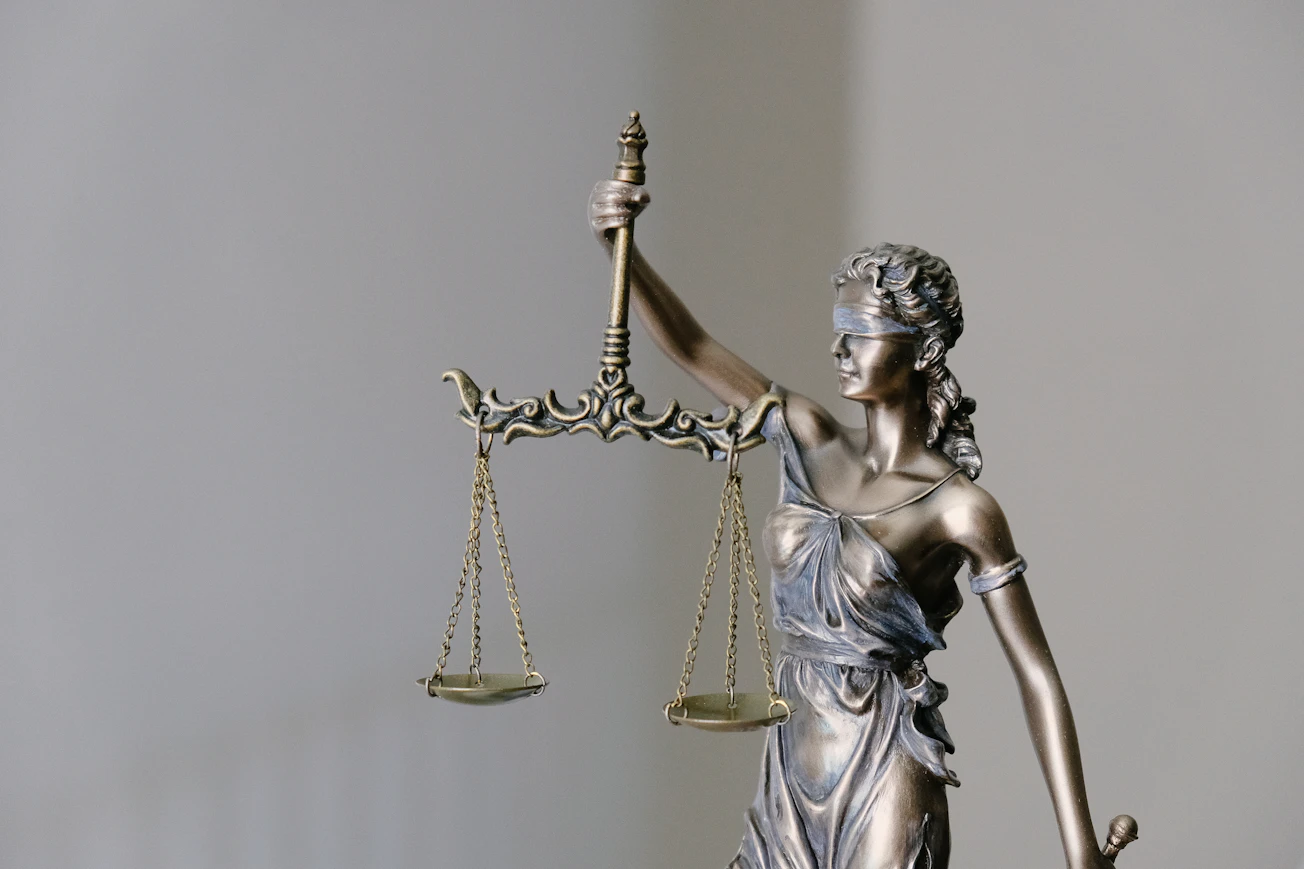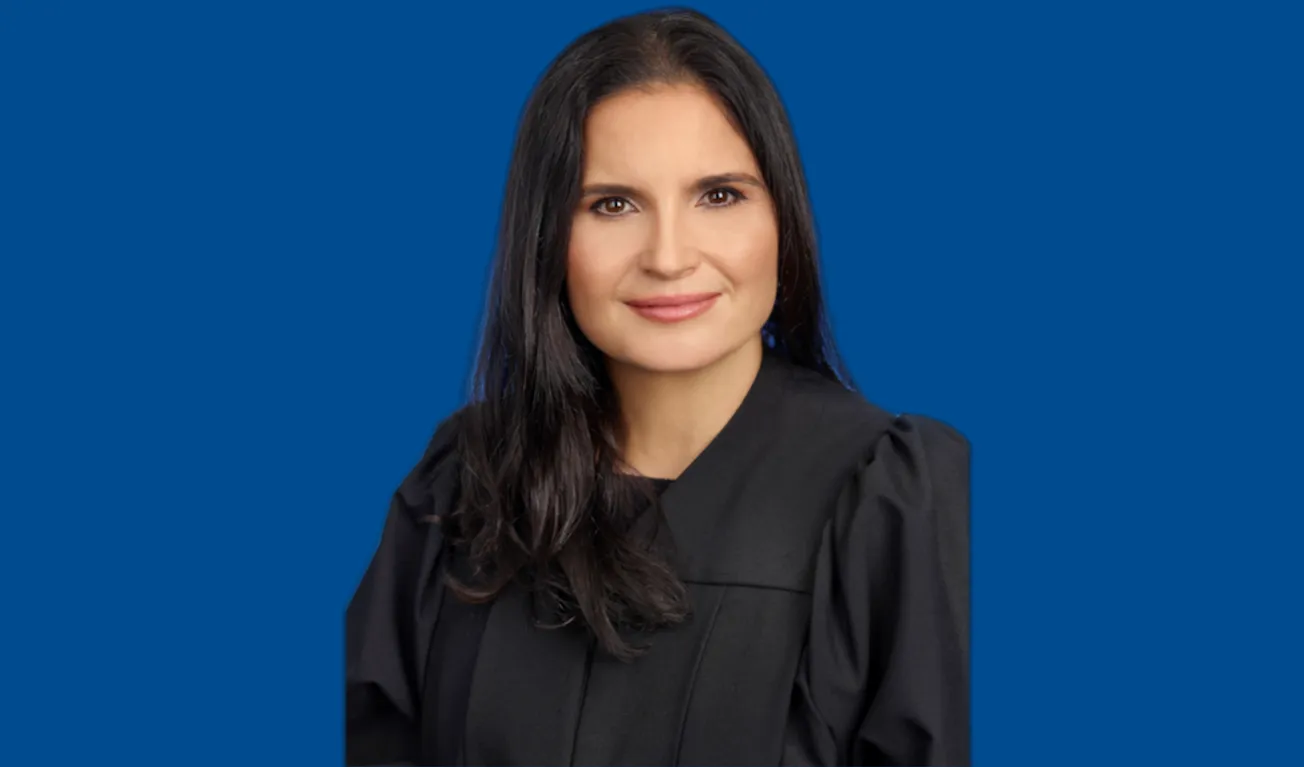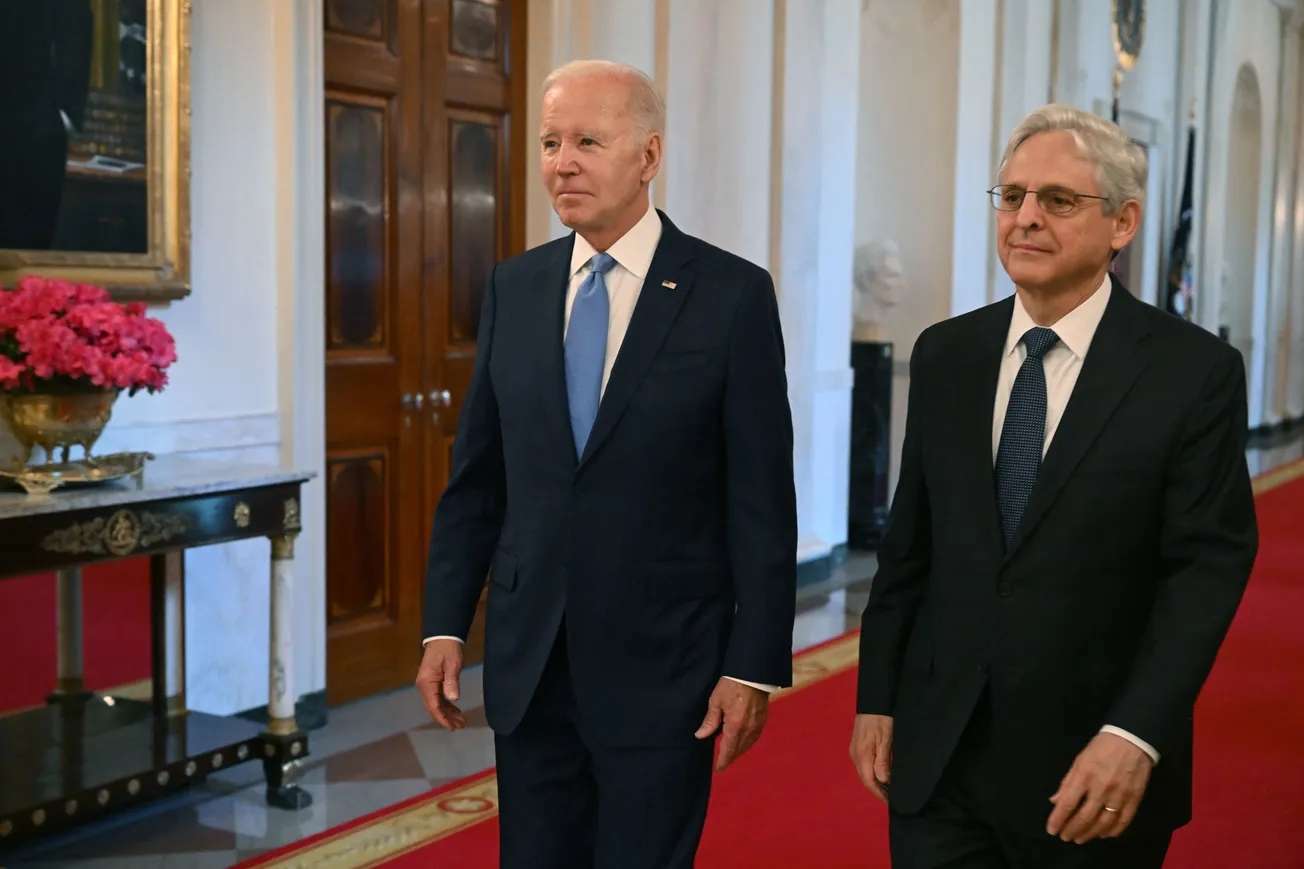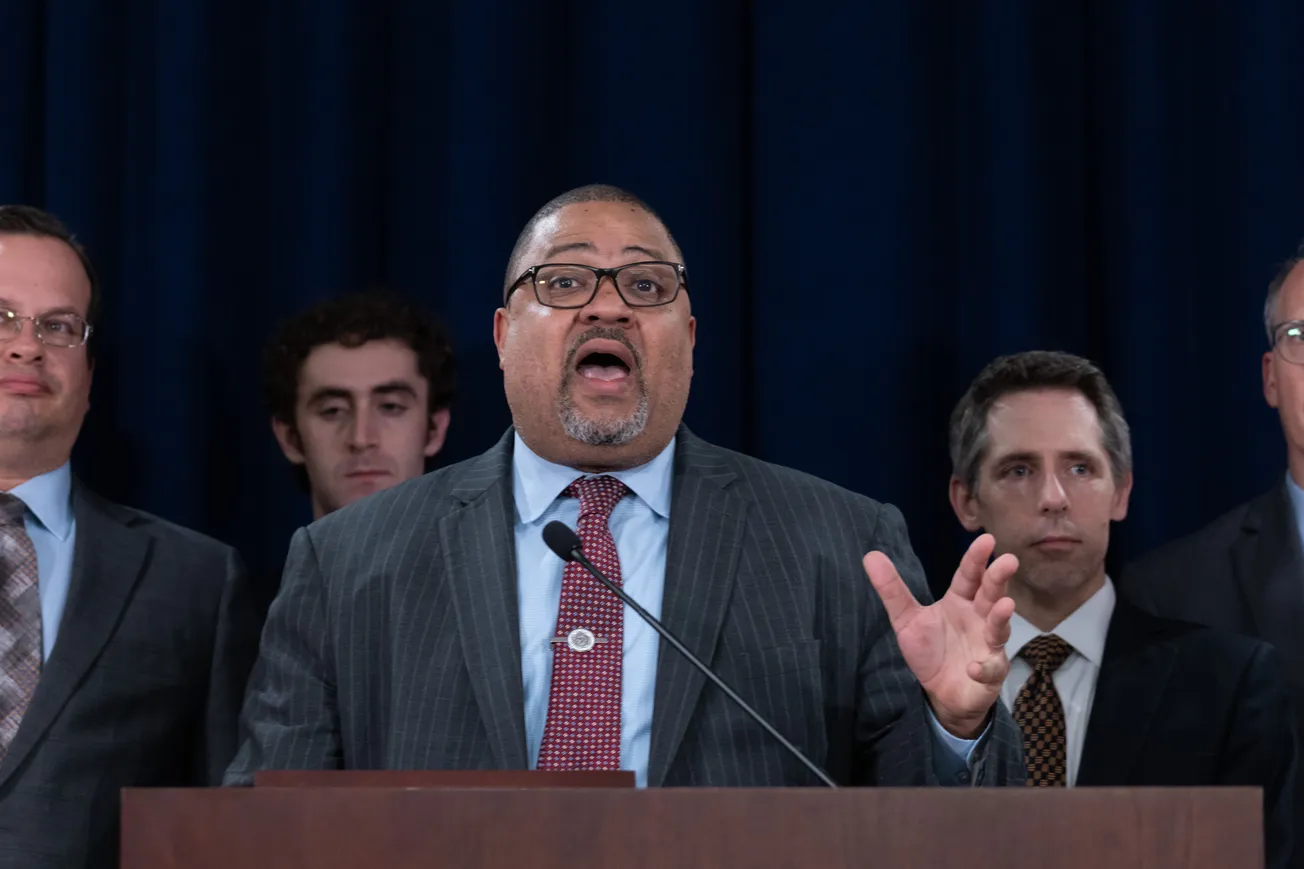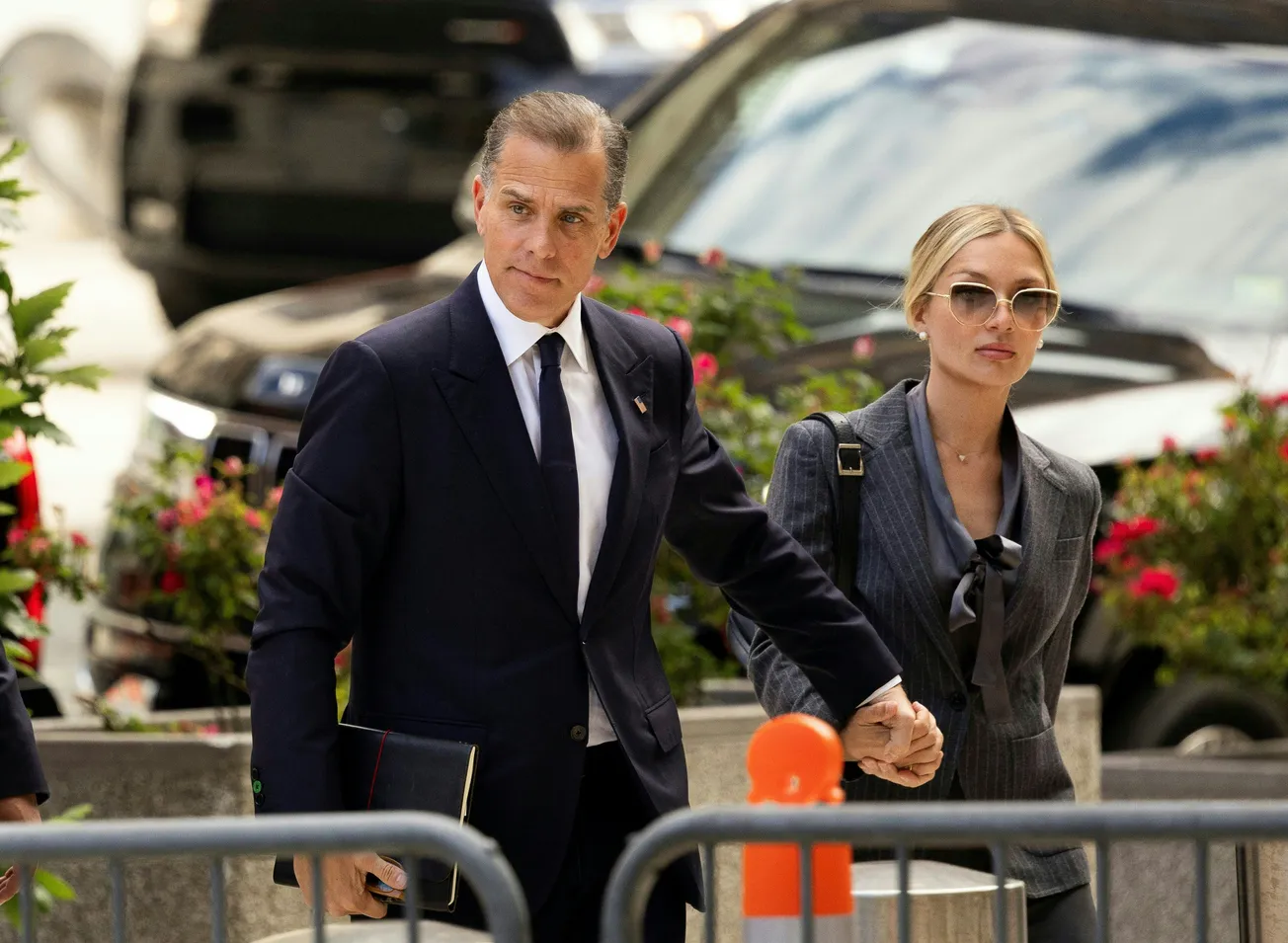Former President Donald Trump is fond of teasing supporters at his MAGA rallies: "We're gonna win so much you're gonna get tired of winning." This line often evokes the loudest applause and brings the whole House down.
Trump understands the law better than most politicians with a law degree. He appreciates that the court of public opinion can often tilt judges, lawyers, and juries—and so, he exploits the cameras that chase him wherever he goes.
A shrewd businessman, Trump famously said at a 2016 debate with Hillary Clinton - to gasps in the audience - when she questioned him about not paying sufficient income taxes: "We're entitled because of the laws that people like her passed to take massive amounts of depreciation and other charges, and we do it." In a straightforward response, he neutralized her charge: What is wrong with taking advantage of the loopholes if they are legal?
Trump's outstanding ability to connect with the world and plan accordingly frustrates his opponents no end. Yesterday's United States Supreme Court case, in which the nine justices considered Trump's assertion of absolute immunity, was a case in point.
When the Associated Press declared candidate Biden the victor in the close 2020 election, Trump refused to accept the result. He had been warning for months that no-excuse mail-in ballots and a series of last-minute changes to vote acceptance and counting would result in a rigged election.
Trump's Attorney General, William Barr, did not adequately investigate if election procedures were fair when Democratic operatives filed over 145 lawsuits alleging that Covid shutdowns would disproportionately disenfranchise minorities and other communities of color. Nor did the DOJ investigate Zuckbucks, the first time that a private foundation paid poll workers to the tune of $400 million. Two weeks before Election Day, 50 former intelligence officers provided cover to candidate Biden before a national debate that the Hunter Biden laptop was Russian 'misinformation.' We now know that the officials' letter was 100% false.
Trump's closest circle of advisors had repeatedly said to him that if he did better than in 2016, he couldn't lose. And when the results came out, anecdotally, Trump believed he had won. No American President in 180 years had failed to win reelection if he won more votes than the first election. Trump had won 11 million more votes than his 2016 count, for a total of 74 million. [In 2012, Obama handsomely won reelection although he earned 4 million fewer votes than his 2008 total].
On election night, Trump, having won Florida and Ohio by huge margins, was romping home to reelection. Then, the mail-in ballots began to get counted. Four days later, the Associated Press called the election for Biden. Liberal NPR analyzed the results and showed what a nail-biter match it was: "Just 44,000 votes in Georgia, Arizona, and Wisconsin separated Biden and Trump from a tie in the Electoral College."
It is reasonable to believe that Trump genuinely thought he had won—and so he, as the sitting president, acted in his official capacity to ensure that the election was conducted fairly. Many of his post-election actions —such as his call with Georgia officials to "find me the 11,000 votes" and his pleas to former Vice President Mike Pence to delay certification on January 6—were clearly extraordinary. But extraordinary times, it can be argued, deserve extraordinary actions.
The extraordinary actions have not just been limited to Trump. His opponents have been equally remarkable in their hateful reactions to him. They impeached him in the House a second time. They constituted a partisan J6 Committee to investigate his actions on January 6 for 18 months, including holding a prime-time spectacle in 2022. Federal, state, county, and local prosecutors collectively charged him with 91 civil and criminal counts. Each reaction was unprecedented.
The key term here is "unprecedented," and Trump understood this better than anyone. Constitutional questions of remarkable import that had never been considered by any court became daily media discussion topics. Low-level officials stretched interpretations to extremes. The Colorado Supreme Court voted to ban Trump from the 2024 ballot for committing an insurrection on January 6, although Special Counsel Jack Smith refused to use the term insurrection in his charges. A lowly official, Maine's secretary of state, single-handedly decided, without court review, that Trump was ineligible to appear on that state's ballot. Illinois followed suit.
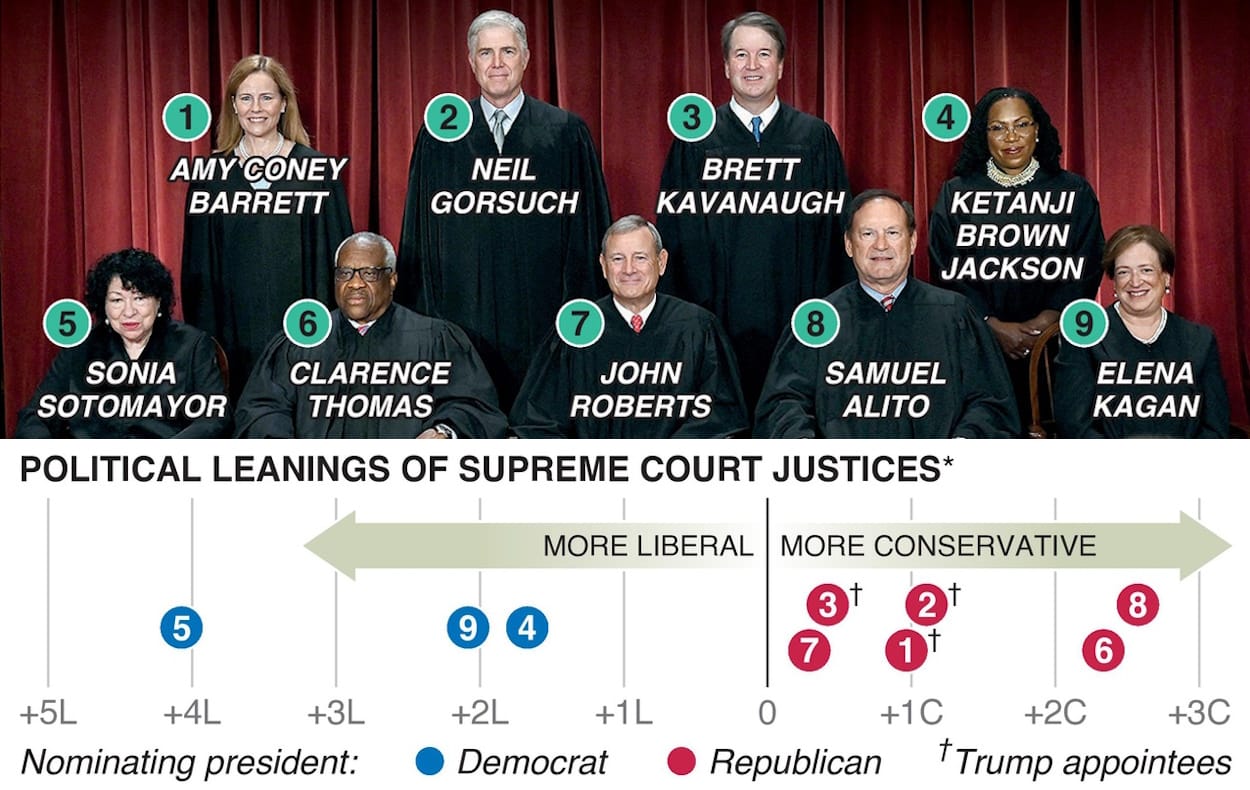
These actions were so unprecedented that the United States Supreme Court had to intervene. And it did with a bang. A vote of 9-0 put a halt to all the states' nonsensical actions and ensured that no future candidate will ever be taken off state ballots unless Congress authorized it.
Trump's appeal to partisan judge Tanya Chutkan, who had repeatedly ruled against him in Jack Smith's election interference case, was masterful. Everything happening there was unprecedented, so Trump asked that the case be dismissed on the grounds that "presidential acts deserve absolute immunity." It was a brilliant business move for the person who wrote the "Art of the Deal." Ask for a lot more than you need, knowing that the negotiated, watered-down terms are all that you want.
Expectedly, Chutkan rejected Trump's motion. Trump smiled and appealed, knowing that each day of delay would help him as he began wrapping up the Republican nomination. Smith, furious that the delays were mortal to his case, made a frantic appeal to the Supreme Court to hear it directly, bypassing the D.C. Court of Appeals. It was an unprecedented move. The Supreme Court rejected Smith's appeal and remanded the D.C. Court of Appeals to hear the case. Trump smiled again, vanquishing new media star Nikky Haley in state contest after contest.
Yesterday's oral arguments showed how Trump's clever manipulation of the media and the courts had an impact on the bench. Justice Gorsuch said, "We are writing a rule for the ages," meaning that the case was far beyond the current Trump case. To the question of whether presidents can pardon themselves, Gorsuch said: "I mean, we've never answered whether a president can do that. Happily, it's never been presented to us." Again, it was unprecedented.
Justice Kavanaugh expressed his concern that one of Jack Smith's charges against Trump, conspiracy to defraud the United States, relies on a statute that is so broad and vague that future prosecutors could misuse it against future presidents.
During his campaign rallies, Trump is fond of hinting that once he retook the Oval Office, he would take action against all those who betrayed him. "The revenge presidency" became the talk of media outlets. Trump's move was brilliant again. He began to raise the possibility that if the Biden administration employed lawfare against Trump, he could use the same lawfare against Biden officials if he won. Worse, future presidents could target their political opponents using the power of their office. Justice Alito, a conservative stalwart on the court, fretted yesterday over whether prosecuting a president would create a slippery slope undermining America's "stable, democratic society."
Also, when Alito raised concerns about the burden on former presidents facing criminal charges, it reminded observers of the trial currently underway in New York City. There, Alvin Bragg has charged Trump in a politically motivated hush-money case, yet even to bright legal minds, the true nature of the charges remains elusive. Airing his concerns, Justice Alito said:
That may involve great expense, and it may take up a lot of time, and during the trial the former president may be unable to engage in other activities that the former president would want to engage in, and then the outcome is dependent on the jury, the instructions to the jury and how the jury returns a verdict, and then it has to be taken up on appeal.
The court's decision will probably be out on the last day of the term, days before the Republican National Convention, at which Trump will accept his party's nomination a third time. Until then, the Chutkan case is on hold. If the decision grants Trump partial immunity and orders lower courts to suggest which acts deserve immunity and which do not, that would be a massive victory for Trump.
Such a determination by the courts will go well past the election. If Trump is reelected, he can order his new Justice Department to stop all legal action and end the case. If Trump loses, he can again appeal the decision of the lower courts to the Supreme Court, which may further delay the case. Either action will again be unprecedented.

